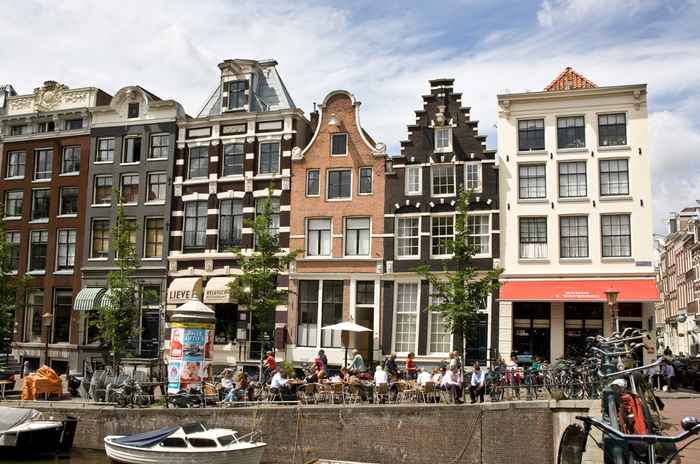The World’s Most Liberal City - By Prof. Jan Willem Duyvendak
Publication date 20-01-2014
There are many Amsterdams. The city has a different meaning for each inhabitant and every visitor. The city’s slogan I Amsterdam seems to acknowledge this individualized experience (it is not ‘We Amsterdam’). In his blog, Erik Swyngedouw invites us to share his particular view on Amsterdam, when he asks: “I wonder where my Amsterdam is?”, followed by a deeply nostalgic view on his Amsterdam that has disappeared: “Thirty odd years later, and after many returns to my beloved Amsterdam, I feel increasingly alienated by the city, a whiff of nostalgia to a lost dream and a melancholic dread permeates my body and mind when drifting along Amsterdam’s streets and canals. Sure, it still is a great city, a global cosmopolitan urbanity that feels like a village. The quirky sites and unexpected corners are still there, but the city’s soul, its mojo seems to have decamped.”
